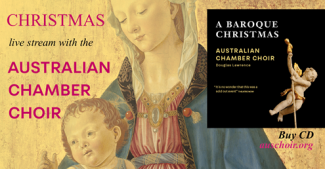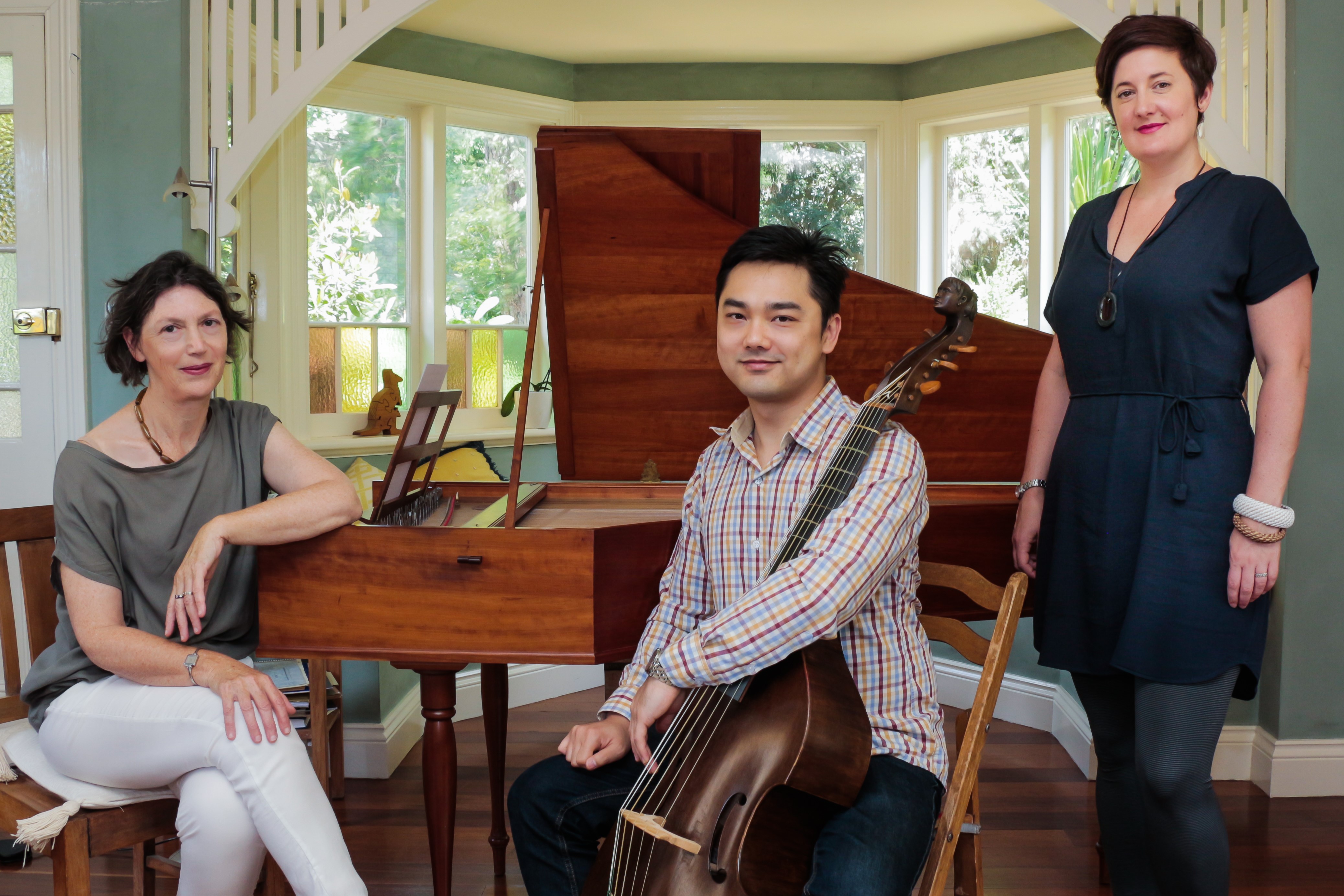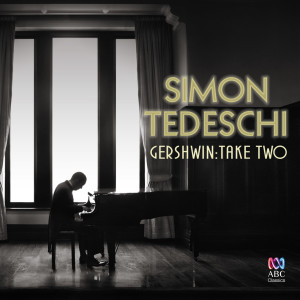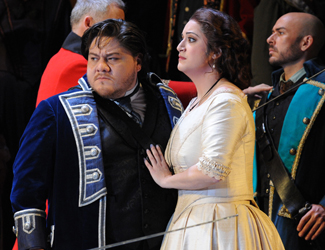Online Concert Review: Christmas with the Australian Chamber Choir

Christmas with the Australian Chamber Choir
Livestream 13 December 2020-31 December 2020
www.auschoir.org/2020-christmas
Drawing on the rich traditions of European Yuletetide music, the Australian Chamber Choir under the direction of artistic director Douglas Lawrence AM, presented Christmas with the Australian Chamber Choir, an online event performed by eight of its singers. This year, the musicians of the ACC created the finest of sounds and style from the early European Christmas music tradition to take us there in spirit.
Lasting just over an hour and singing in Latin, German and English, the a capella choir performs treasures of the Renaissance and the Baroque, interspersed with classics from other eras. The opening items, In dulci jubilo arranged by JS Bach and J Walter and the following four motets by Hassler, Byrd, Clemens non Papa and Palestrina are excellent pieces through which the choir reaffirms its credentials. Interlacing polyphonic lines and columns of chords are delivered with a pure and steady sound, elegant phrasing, tonal security and a seamless blend of voices. Exceptional ensemble skills are honed by Douglas Lawrence’s understated musical direction. The innocent, lilting exultation of In dulci jubilo contrasts with the hushed enigma of Byrd’s O Magnum Mysterium and the clarion call to worship in Palestrina’s Dies Sanctificatus.
A longer work by Palestrina, the motet Hodie Christus Natus Est is a highlight, the 8-part setting an ample showcase for the virtuosity and technical prowess of the individual voices.
Three favourites from the English canon follow, Ding Dong Merrily on High – a 16th century melody harmonised by Charles Wood (b 1866), the 15th century Coventry Carol, and Sir Henry Walford Davies’ (b 1869) The Holly and The Ivy complete with its imaginative coda. Special credit to the solo voices in this arrangement especially tenor Sam Rowe, soprano Amelia Jones and bass Lucas Wilson-Richter.
Back to Central Europe and a bracket of five 16th century German motets. Leonard Schröters’ (b c 1532) Josef Lieber, Josef Mein a gently swaying love song, is paired with its melodic twin, Johannes Eccard’s (b 1553) more upbeat and celebratory Resonet in Laudibus. Schütz’s (b 1585) sombre Das Wort ward Fleisch brings a touch of drama to the programme with its swelling phrases, syncopations and cascading word painting. Praetorius’ (b 1685) onomatopoeic Sing und klingt completes this collection.
A programme of early European Christmas music would not be complete without Martin Luther’s incomparable 16th century hymn Vom Himmel hoch da komm ich her. It’s a deeply gratifying performance with the lower voices busying themselves, anchoring the upper voices who sing the plainchant.
Douglas Lawrence gave a special introduction to Brett Dean’s (b 1961) Now Comes the Dawn, explaining why he sees similarities between this carol and Byrd’s O Magnum Mysterium written 500 years earlier. The carol was premiered in 2007 at King’s College Chapel, Cambridge, performed by the Choir of King’s College conducted by Stephen Cleobury. Brett Dean has set the text by American poet Richard Wayson Gilder (b1844), for two trebles, alto, tenor and bass. The music has soprano Ailsa Webb reaching for the stratosphere amidst ascending lines and cluster chords sung by the other parts. (This item is advertised as being unavailable after 13 December).
A joyous rendition of We Wish You A Merry Christmas, arranged by Charles Wood, complete with descant closes this exceptional hour-plus of music.
Accompanied by comprehensive programme notes and text with English translation where required, the concert is available on the choir’s website till 31 December 2020. The ensemble intends to present its 2021 performances in both live and streamed and formats, an important development in concert going habits necessitated by the COVID pandemic this year.
Shamistha de Soysa for SoundsLikeSydney©






